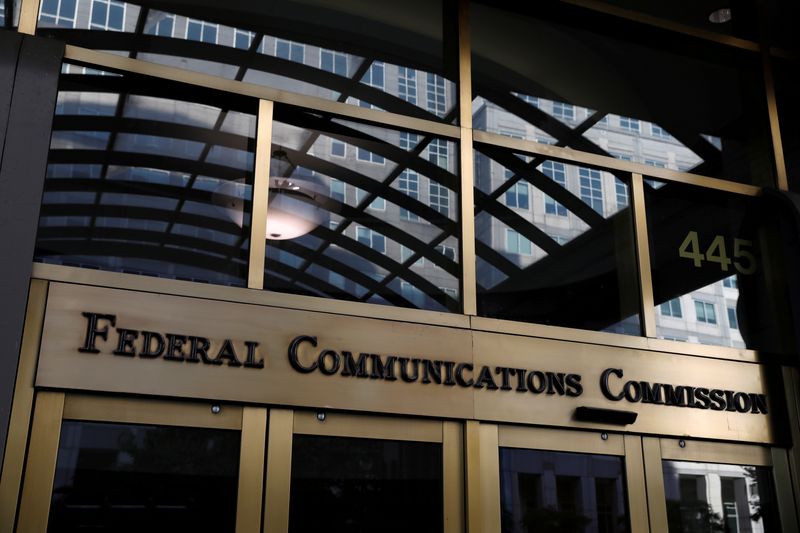By David Shepardson
(Reuters) -The U.S. Federal Communications Commission (FCC) voted 4-0 Thursday on to adopt new rules to address growing risks of orbital debris to space exploration by shrinking the time to remove defunct satellites.
The FCC voted to require post-mission disposal of low-Earth orbit satellites within five years. The agency previously recommended operators of satellites in low-Earth orbit ensure spacecraft re-enter Earth’s atmosphere within 25 years.
"It will mean more accountability and less risk of collisions that increase orbital debris and the likelihood of space communication failures," FCC Chair Jessica Rosenworcel said.
The U.S. telecommunications regulator noted that of 10,000 satellites deployed since 1957 more than half are no longer working.
"Defunct satellites, discarded rocket cores, and other debris now fill the space environment, creating challenges for current and future missions," the FCC said, noting there are more than 4,800 satellites operating in orbit as of the end of last year, and the vast majority of those are commercial low-Earth orbit satellites.
"The second space age is here. For it to continue to grow, we need to do more to clean up after ourselves so space innovation can continue to respond," Rosenworcel said.
NASA has funded several academic studies on space debris, and a bipartisan group of senators has introduced legislation "to jumpstart the development of debris removal technology in the United States," FCC Commissioner Geoffrey Starks noted.

He said the new rule "will bend the curve of debris proliferation. It also will reduce collisions and free up resources that would otherwise go toward trying to avoid them."
Starks warned that "without a safe operating environment, debris risk could escalate from a financial afterthought to a hazard that makes investors think twice, and could complicate operations in a way that slows or limits new space endeavors while driving up per-mission costs."